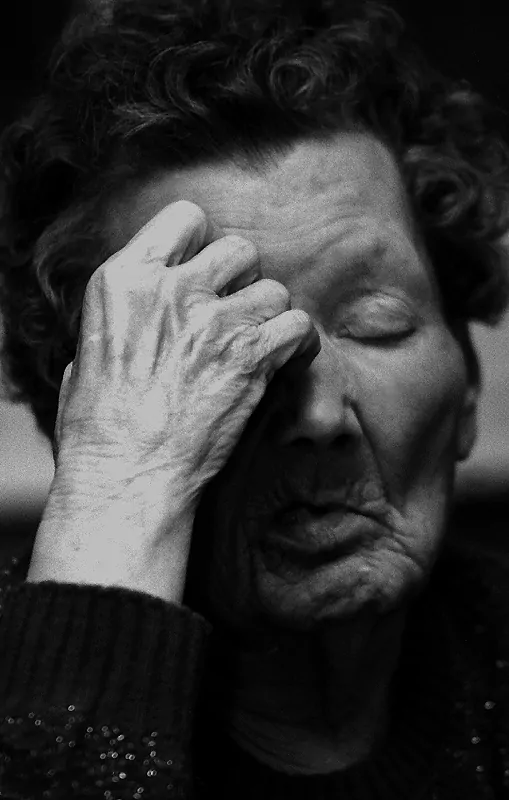Finding a caregiver that you can trust to properly care for your loved one can be difficult, but once you do, you can feel your mind be at ease. However, it is much more nerve-wracking to discover that you have been deceived into hiring an abusive caregiver.
Cognitive deterioration can often cause elders to behave and react differently than normal, but some. Diseases such as Alzheimer’s and dementia leave elders more vulnerable, physically frail and they may not be able to see, hear or think as clearly as they used to, leaving openings for people to take advantage of them. Abusive caregivers find these openings and begin to financially, emotionally or even physically abuse the elders they are supposed to be caring for.
If you suspect that another family member, spouse, or professional aide is abusing your loved one, pay attention for these signs and report it immediately:
Don’t dismiss weird behavior as dementia or their frailty. Many of the signs of emotional elder abuse parallel the symptoms of mental deterioration, but that does not mean that you should believe whatever the caregiver says. If the caregiver brushes off skittish behavior, be sure to investigate. Does the elder seem more unwelcoming than unusual or quiet? Do they protest the caregiver’s presence with sadness or fear? Be sure to pay attention to any changes in behavior towards the caregiver. Be sure to also pay attention to any behavior that mimics dementia, such as rocking, sucking or mumbling to oneself.
Look for physical injuries such as bruises, welts, scars, broken bones, sprains or dislocations. These are things that should be easy to explain by the caregiver if they were properly watching your loved one, but if these injuries are unreported or are unknown to you, you should be very wary. Also be suspicious if the caregiver refuses to allow you to be even a minute alone with your loved one. They may be trying to avoid the elder speaking up on abuse.
Pay attention to any broken items such as eyeglasses or frames or an apparent failure to take medication regularly. These observations may seem small and unimportant, but they can be clear signs of neglect or physical and emotional abuse. Other signs of neglect include unusual weight loss, malnutrition, dehydration, untreated physical problems, unsanitary living conditions, being left dirty or unsafe living conditions.
Be wary of signs of financial exploitation such as significant withdrawals from your loved one’s account, sudden changes in their financial condition, items or money missing from the household, or any other suspicious financial activity in their bank account. Also pay attention for suspicious changes in wills, unpaid bills or lack of medical care, or financial activity that the elder couldn’t have done alone such as buying a plane ticket or going to the ATM when they are bedridden.
Do not dismiss any weird and unusual behavior by your loved one or the caregiver. If you suspect them of stealing or emotionally and physically abusing an elder, report it immediately. Listen to your elder and their caregivers and intervene when you suspect abuse is occurring. To prevent elder abuse, make sure you or another loved one or the potential institution you are thinking of sending your elder is suitable to care for them. Call and visit as regularly as possible, and offer to take care of the elder as much as possible to give the caregiver a break. If you can, prevent elder abuse before it starts, but also remember these signs if you suspect that it is already occurring.



